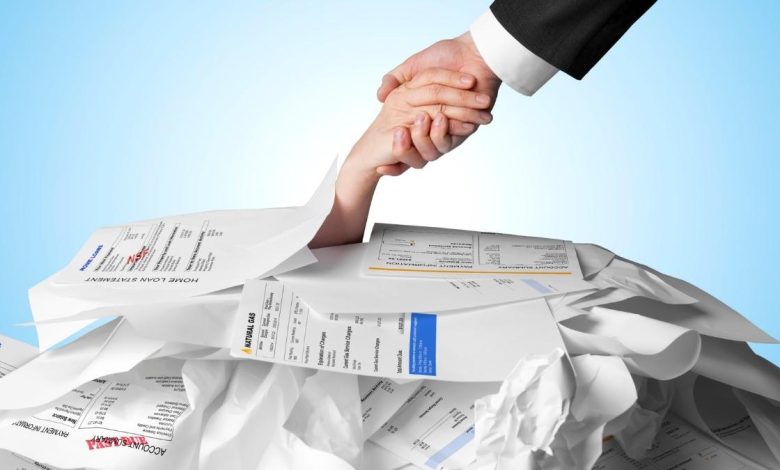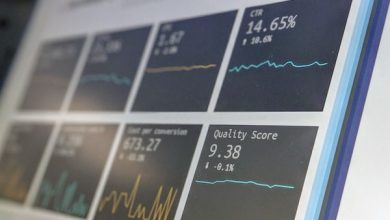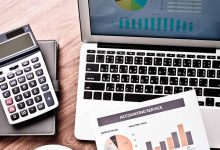Key Rules to Avoid Taking on Unnecessary Debt

Debt is scary, a constant threat to your finances. Whether the length of the repayment term is small or big, you cannot relax about it until the settlement. Surveys have reported that people take out loans to meet regular expenses as well, although they have been advertised as suitable for meeting unexpected expenses and big planned expenses.
Most people struggle to get the nod from a lender for money to buy a house or car, for instance, because of poor credit history, and emergency loans are considered to be the real culprit. The most popular small loans are payday loans, with high acceptance in the UK,
These loans do not require a hard credit check and get processed the same day, which is ideal for funding unforeseen expenses when you cannot wait to arrange money. According to data collected from many surveys held, payday loans are popular among bad credit people.
People with good credit scores never took out these loans. This is also why a trend of availability of these loans at a high-interest rate was set. Common sense says if your budget cannot meet £500 now, it cannot meet £515 after a period of two weeks if you do not free it up from other budget categories and your income does not increase. As a result, you proceed over the loan and ultimately collapse into a debt trap.
How can you avoid taking on debt?
It is not a bad idea to borrow money, provided you can repay it on time. Unfortunately, most people borrow money even to meet their regular expenses. Since they incur every month, funding them with small loans will result in poor finances. Here are the steps that can prevent you from taking on debt for no reason for recurring expenses:
Make a budget
Whether you are living paycheque to paycheque or not, you should make a budget. It will help you know your outgoings. Budgeting is essential to keep tabs on your expenses. Many people fight shy of budgeting as they find it hard to stick to, but it will take a couple of days to take it in your stride.
Once you are comfortable with budgeting, you will rather wonder how you managed without it. Assess your regular expenses and notice where you can shorten them back. If you are living paycheque to paycheque, this is the only way to free up money. Keep this money intact in your savings account so you can dip into it when you have an emergency.
If you are earning a good amount of money, you can set aside a fixed percentage, for instance, 10% or 20%, depending on your total expenses. You can use a 50/30/20 or 60/20/20 budgeting rule, but you will have to look over your monthly expenses. See how much you can whittle down, and then find out how much it accounts for your monthly income. Make sure you stow away that chunk every month.
Track your spending
Tracking your expenses is a must to ensure you do not end up borrowing money for regular expenses. In fact, this will help you have sufficient cash to meet unforeseen expenses.
Make a routine of examining your weekly spending, so you know how much money has already gone out of your pocket. Make sure you record your everyday transaction. You do not need to have software for it. Just open a notepad on your mobile phone and record expenses in the following format:
| Category | Date | Items | Money spent |
| Grocery | April 5 | Item A | £25 |
| April 7 | Item B | £10 | |
| April 15 | Item C | £45 | |
| Travel | April 2 | fuel | £115 |
| April 5 | Cab fares | £50 | |
| Total money spent as on … | Total spent amount (£) |
This kind of table will clearly tell you how much money you have to spend on the coming days of the month. If you have noticed you have overspent, do not panic. You can adjust from other budget categories. You can also use a budgeting app if you do not take kindly to a manual spreadsheet.
However, you will have to link the app to your account. It may automatically record transactions that you make using your card but not cash transactions. This attribute is not available in all apps. Some apps require input every time you spend money, regardless of the payment source. Well, whether you use a budgeting app or a manual spreadsheet, you will have to keep analysing your spending.
Get rid of credit cards
Unless you get to the track, you should dump your credit cards. They are a real culprit for overspending. You often miscalculate your affordability and end up with an expensive purchase. If you fail to pay off the balance within the interest-free period, hefty interest will be charged.
Try to use cash for all of your transactions because this will stop overspending. However, you do not need to completely debunk the use of plastic as you can earn some rewards, and it can help build your credit score.
Make a rule that you will use it if you have a chance to pay in instalments and do not use more than 30% of the available balance. You never know when an emergency crops up, and your savings will fall short of cash. Less than 30% credit utilisation will help you get money at competitive interest rates if you are to take out a loan.
To sum up
Some people fall into debt because they fail to make an effective budget. Regardless of your earnings, you should look at your expenses. Once you find the way to whittle down them, you can save that chunk every month.
Apart from it, keep tracking your expenses. Do it every day, weekly or bi-weekly as it suits you. Do not use your credit card if you miscalculate your paying capacity, or if you still want to use it, do it when you are within your pay cycle.








